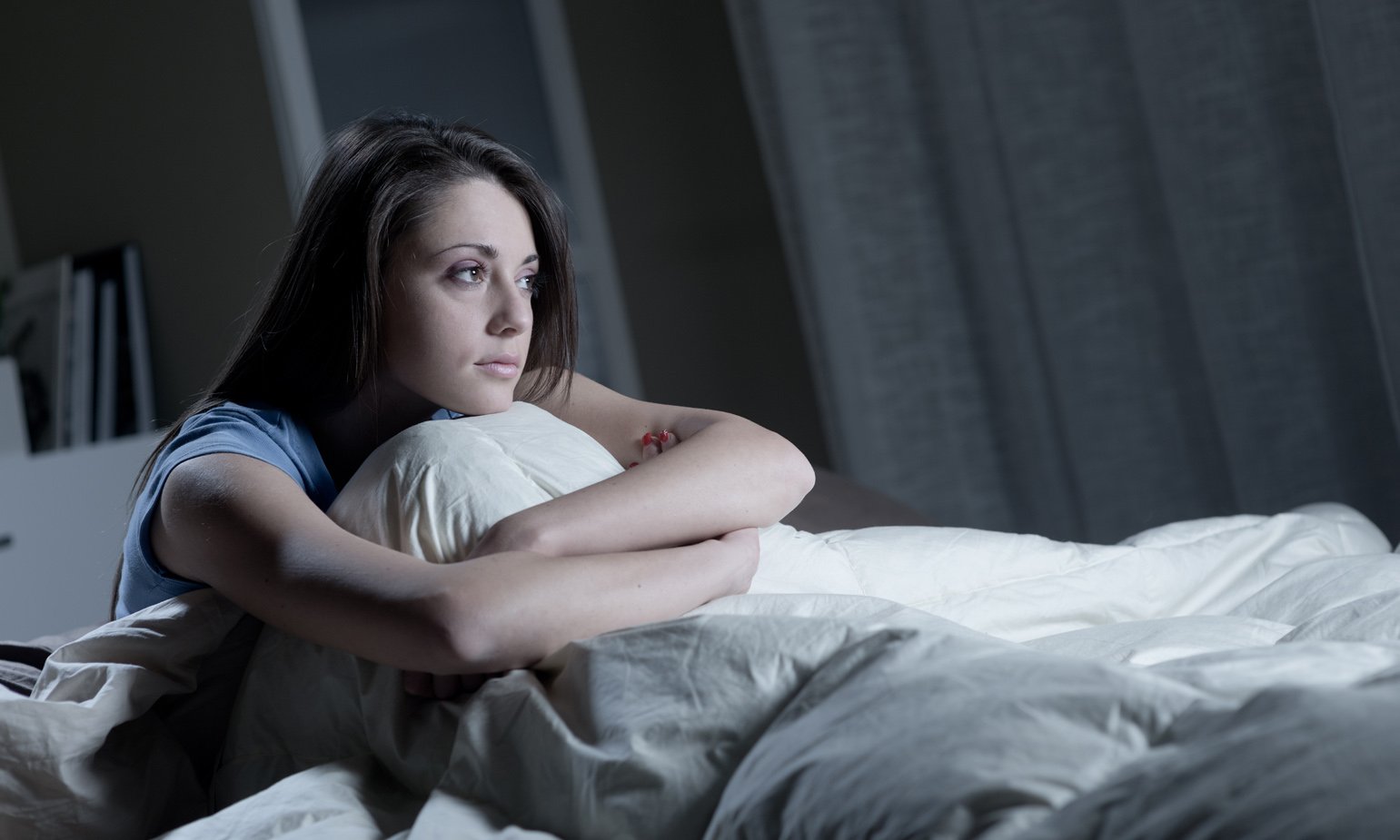Knowing the Reason You Have a Hard Time Sleeping

The grind culture prevalent in society right now has made sleeplessness “cool.” From Elon Musk to Barack Obama, powerful people from all sectors have bragged about getting only a few hours of sleep every night. They, instead, use the majority of their days to be productive at work. Sacrificing sleep has become a measure of hard work that will be rewarded with career success.
Public health experts recommend that adults get at least seven hours of sleep every night. Without sleep, your overall well-being suffers. Immediately, you will experience daytime drowsiness, lack of alertness, impaired memory, and increased risk of accidents. Long term, it can lead to high blood pressure, heart attack, heart failure, stroke, obesity, diabetes, and depression. Some studies have also found a link between lack of sleep and increased risk of dementia later in life.
Sleep is important, and people who pride themselves on sleeping as little as possible every night are only wrecking their own physical and mental health. The impact of sleeplessness can be felt the next day when you have to work or go to school, but the consequences will also appear later on when you are older and have to deal with chronic illnesses as a result of staying up every night.
Despite knowing the impact of lack of sleep, not many adults are getting the recommended hours of shuteye every night. About 70 percent of adults across the United States admitted that they get insufficient sleep regularly, an issue that the Centers for Disease Control and Prevention has called a public health epidemic.
Sleeplessness is serious, and it is important to investigate why you cannot sleep every night despite your best efforts.
Untreated Mental Health Condition
One common reason people cannot get a sufficient amount of quality sleep is their mental health. Stress can keep you up at night. However, it could be a symptom of a more serious mental health condition in the long term.
Insomnia, the inability to sleep, is a symptom of anxiety and depression. When you have anxiety and depression, your mind is too stimulated to relax and drift off to dreamland. Those who have anxiety and depression may find it difficult to fall asleep and stay asleep every night.
Those who have both conditions will not get sleep unless they seek appropriate treatment with the help of a mental health professional. Aside from sleeplessness, anxiety, and depression come with symptoms such as excessive worrying or fear, extreme sadness and feelings of hopelessness, negative intrusive thoughts, difficulty concentrating, restlessness, irritability, overeating or loss of appetite, digestive problems, and fatigue.
Undiagnosed Health Problems
Sleeplessness can also be a symptom of an unaddressed health condition. A long list of illnesses can lead to difficulty sleeping, including thyroid disorders, sleep apnea, chronic pain, gastrointestinal disorders, and dementia. To figure out if the lack of sleep is tied to an illness, other symptoms also occur.
Issues with the thyroid can also present themselves through vision problems or eye irritation, weight changes, muscle weakness and tremors, and irregular menstrual cycle. Symptoms of diabetes include frequent urination, parched mouth and extreme thirst, tingling hands and feet, and sores that heal slowly.
Medication, too, can lead to sleeping problems. Talk to your doctor if you are experiencing any of these symptoms.
Procrastination
It has happened to everyone at some point. Because it is still early, you start a television series on Netflix or Hulu. As soon as you get to bed, you begin scrolling social media. Before you know it, the sun has risen, and you did not get enough sleep.
It is called revenge bedtime procrastination, a term characterized by the decision to sacrifice adequate sleep for leisure. It usually occurs among those who lack time during the day to do what they want because of their hectic schedules at work or school. So, as a result, they seek enjoyment during bedtime, pushing sleep off until they are guaranteed that they would only get a few hours of shuteye before they have to wake up again.
Although it is very tempting to procrastinate, you always will regret sleeping late the morning after. You should resist the urge to turn on your electronic devices. Give yourself time to relax until you fall asleep.
Sleep is the time for your mind and body to heal and recalibrate so that, when the next rolls around, you are ready to face it. Not getting enough sleep is a huge problem because it will negatively affect your physical and mental health. Figure out why you cannot sleep and do something to address it.








